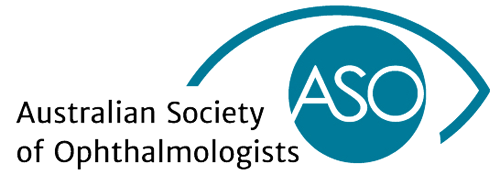What is Laser Vision Correction
Laser vision correction refers to surgical procedures that use laser technology to reshape the cornea of the eye, with the goal of correcting common vision problems such as:
- nearsightedness (myopia),
- farsightedness (hyperopia), and
- astigmatism.
The most common types of laser vision correction include:
- PRK (Photorefractive Keratectomy): In PRK, the outer layer of the cornea (epithelium) is completely removed before the laser is applied to reshape the cornea. The epithelium regenerates naturally over time.
- LASIK (Laser-Assisted In Situ Keratomileusis): During LASIK, a laser is used to create a thin flap on the cornea, which is then lifted to allow the reshaping of the underlying corneal tissue. The flap is then repositioned.
- LASEK (Laser Epithelial Keratomileusis): LASEK is a variation of PRK where the surgeon creates a thinner flap of epithelial tissue, which is then lifted and replaced after the laser treatment.


